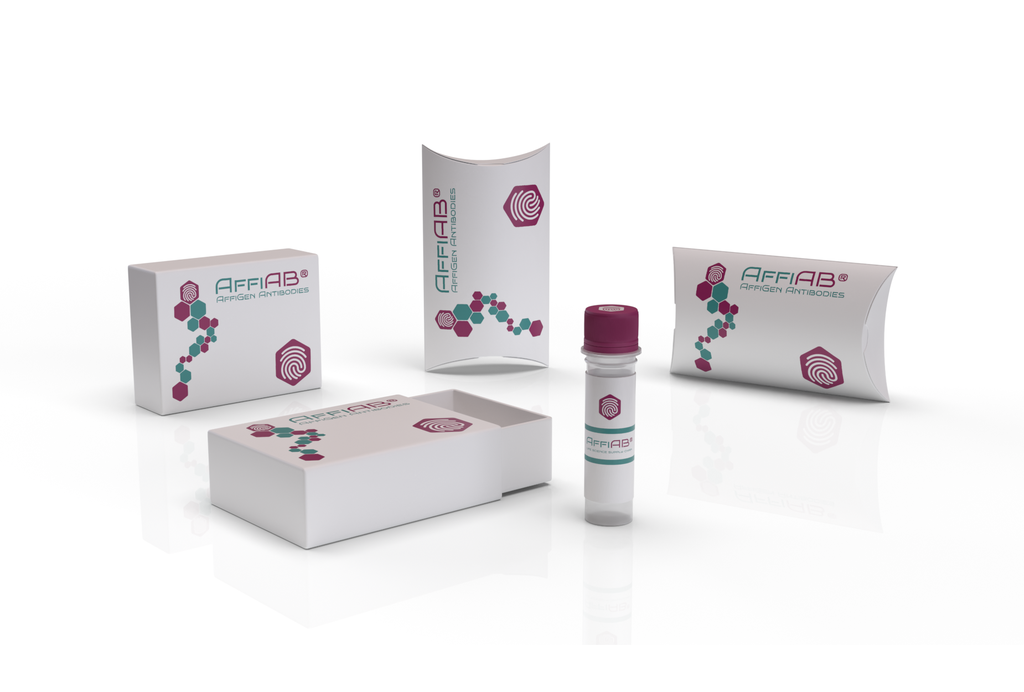AffiAB® Anti-SQSTM1 / p62 Antibody
Sequestosome 1 (SQSTM1, p62) is a ubiquitin binding protein involved in cell signaling, oxidative stress and autophagy. It was first identified as a protein that binds to the SH2 domain of p56Lck and independently found to interact with PKCζ. SQSTM1 was subsequently found to interact with ubiquitin, providing a scaffold for several signaling proteins and triggering degradation of proteins through the proteasome or lysosome. Interaction between SQSTM1 and TRAF6 leads to the K63-linked polyubiquitination of TRAF6 and subsequent activation of the NF-κB pathway. It may play a role in titin/TTN downstream signaling in muscle cells and regulate signaling cascades through ubiquitination. P62 may be involved in cell differentiation, apoptosis, immune response and regulation of K+ channels.
Antibody type
Rabbit polyclonal Antibody
Uniprot ID
SwissProt: Q13501 Human
Recombinant
NO
Conjugation
Non-conjugated
Host
Rabbit
Isotype
IgG
Clone
N/A
KO/KD
N/A
Species reactivity
Human, Mouse, Rat
Tested applications
WB, IF-Cell, IHC-P
Predicted species reactivity
N/A
Immunogen
Synthetic peptide within human TESPA1 aa 27-91.
Storage
Store at +4°C after thawing. Aliquot store at -20°C or -80°C. Avoid repeated freeze / thaw cycles.
Form
Liquid
Storage buffer
1*PBS (pH7.4) , 0.2% BSA, 40% Glycerol. Preservative: 0.05% Sodium Azide.
Concentration
1 mg/mL.
Purity
Immunogen affinity purified.
Signal pathway
Autophagy 衰老, Amyotrophic lateral sclerosis
Recommended dilutions
WB: 1:500-1:1, 000; IF-Cell: 1:200; IHC-P :1:200
Molecular Weight
62kDa
Subcellular location
Cytoplasm
Positive control
Hela, F9, HepG2, human ovary carcinoma tissue
